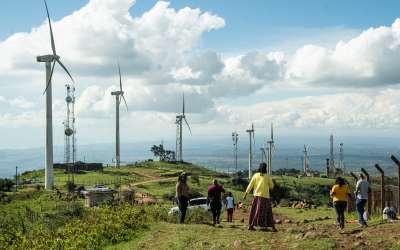BMW Group significantly increases use of low-carbon steel in series production at European plants
Salzgitter AG and H2 Green Steel will provide 40% of steel demand for standard production at BMW Group’s European plants, saving 400,000 tonnes of CO2 per year.

Salzgitter AG and H2 Green Steel will provide 40% of steel demand for standard production at BMW Group’s European plants, saving 400,000 tonnes of CO2 per year.
As part of BMW group’s ongoing sustainability activities, the group will reduce CO2 emissions in its supplier network by using steel produced using natural gas or hydrogen and green power.
An agreement has been signed with Salzgitter AG for delivery of low carbon steel, which will be used in the standard production of cars in BMW Group’s European plants from 2026.
BMW Group aim to use low-carbon steel to meet over 40% of demand in its Europeans plants by 2030, reducing CO2 emissions by 400,000 tonnes per year.
Joachim Post, member of the Board of Management of BMW AG responsible for Purchasing and Supplier Network, said: “This is an important step in substantially reducing CO2 emissions at source in the supplier network. Our aim is to reduce vehicles’ lifecycle carbon footprint with a holistic approach. With steel, in particular, we are leading the way by sourcing low-carbon steel for our plants in Europe in the future.”
Gunnar Groebler, CEO of Salzgitter AG, said: “We firmly believe that closed loops of recoverable materials can only realise their full effect with strong partners. We are delighted about the circular economy cooperation with the BMW Group and the agreement to supply green steel to our long-standing customer. Partnering for Transformation – this is how we will translate our new corporate vision into practice.”
The BMW Group already established a closed-loop material cycle for sheet steel waste from BMW Group Plant Leipzig with Salzgitter AG more than five years ago.
Salzgitter AG uses unwanted steel remnants produced by BMW Group, to produce new steel, which is then supplied back to the plants of BMW Group.
In this way, raw materials can be used multiple times in a circular economy, thereby conserving natural resources.
Up to a quarter of the steel in BMW Group vehicles already comes from recycling loops. The BMW Group plans to increase its percentage of secondary steel in stages, reaching up to 50% by 2030.
Since this requires significantly less energy, CO2 emissions from production of secondary steel are an average of 50-80% lower than from primary steel.
Find out more here.
Photograph: BMW Group






